The Sun : Our nearest star
1/27
There's no tags or description
Looks like no tags are added yet.
Name | Mastery | Learn | Test | Matching | Spaced |
|---|
No study sessions yet.
28 Terms
dictate
to give orders, or tell someone exactly what they must do, with total authority:
The UN will dictate the terms of troop withdrawal from the region.
mass
a large amount of something that has no particular shape or arrangement:
comet
A ball of frozen dust and rock that orbits the sun and has a tail that glows

asteroid
one of many large rocks that circle the sun
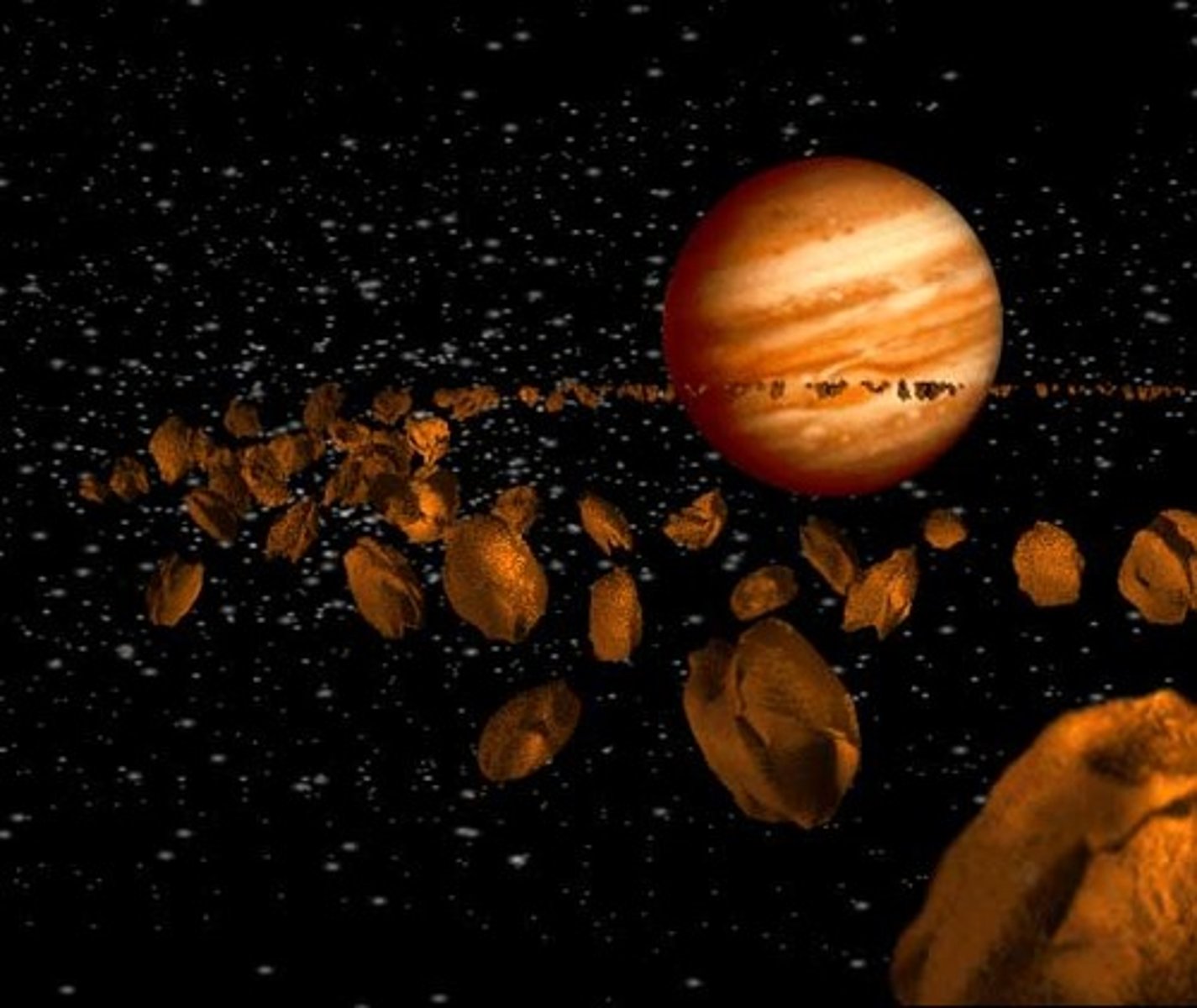
Concentration
a large number or amount of something in the same place:
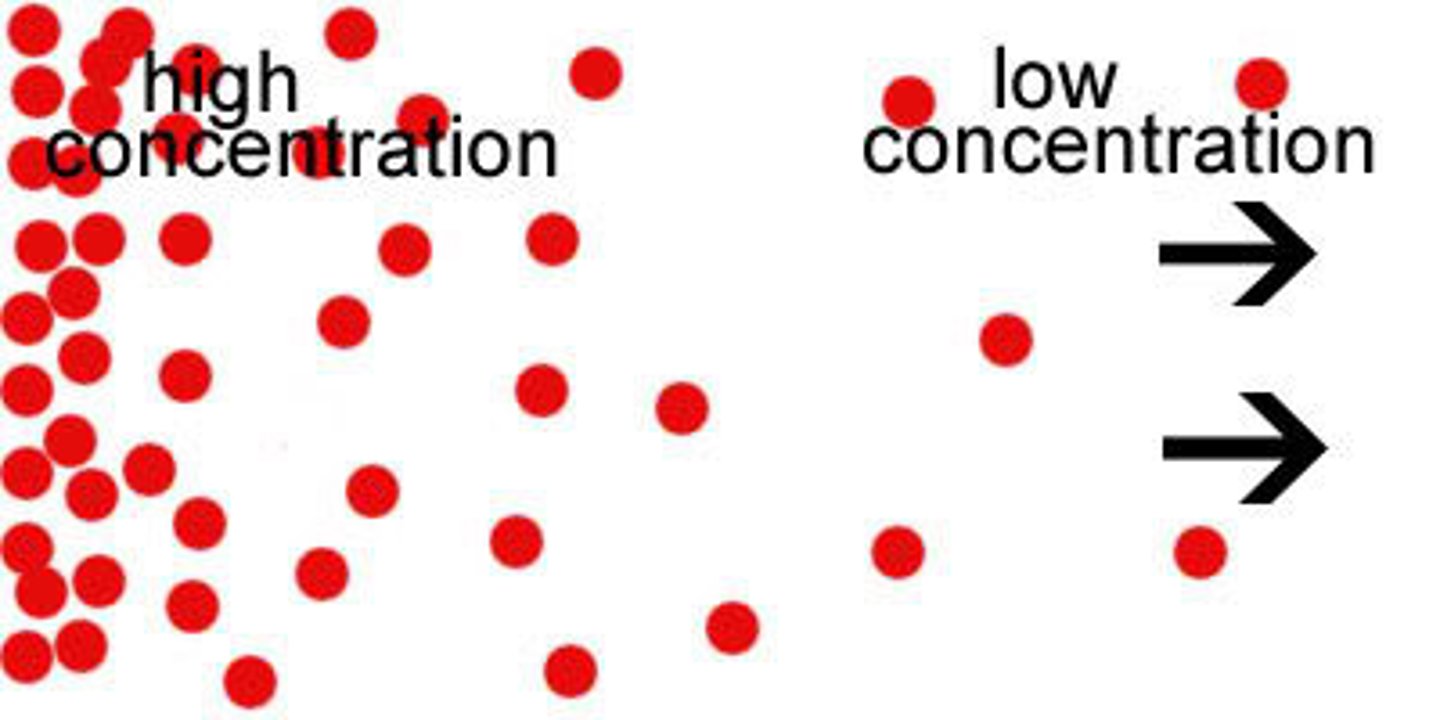
habitability
the ability of the physical environment to support life
accompany
(v) to go with
The course books are accompanied by four CDs.
gravitational force
an attractive force that acts between any two objects
hazard
A danger or risk.
The busy traffic entrance was a hazard to pedestrians.
hazardous
dangerous
radiation
(n) a form of energy that comes from a nuclear reaction and that can be very dangerous to health:
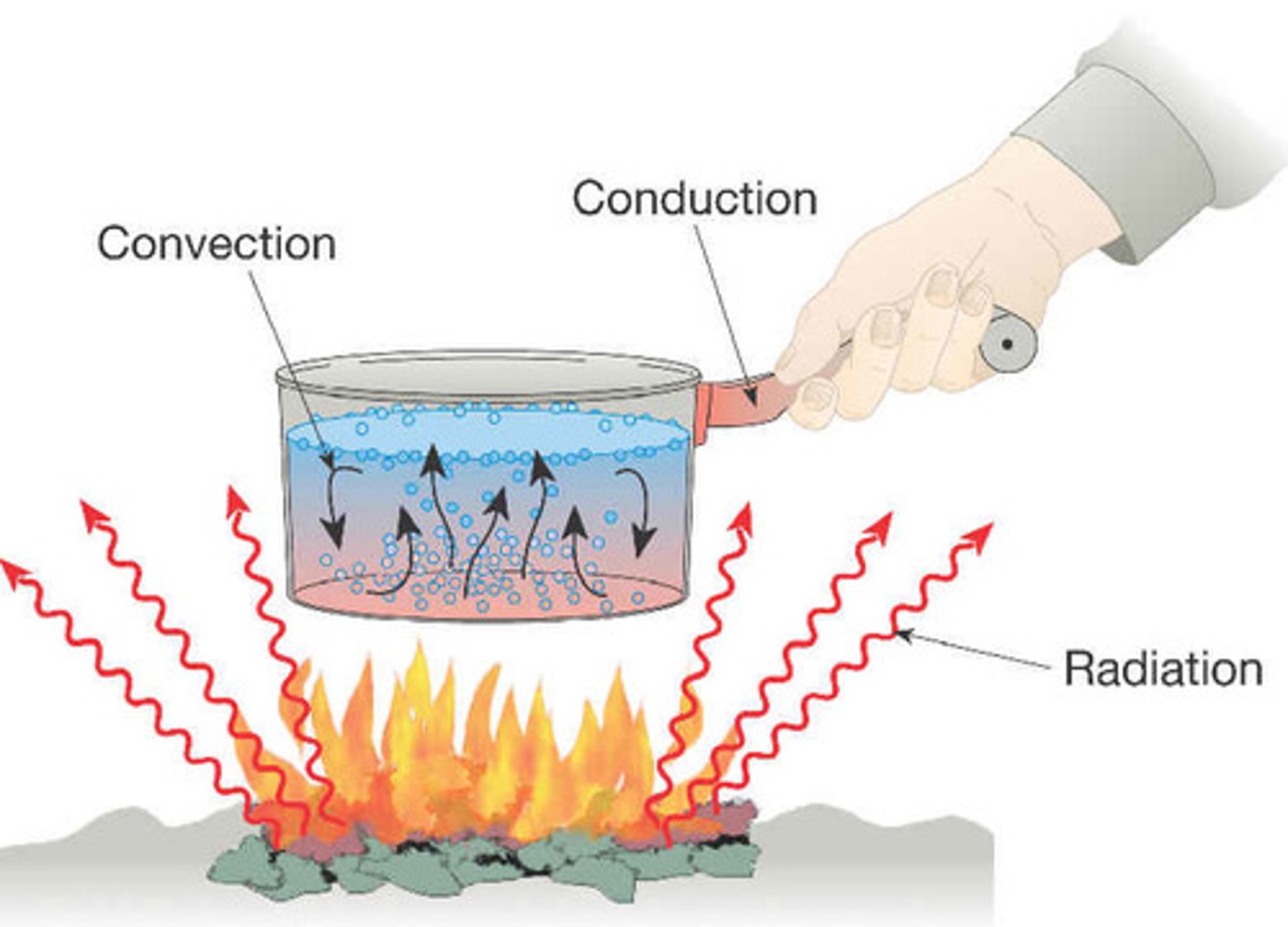
sporadic
(adj) happening sometimes; not regular or continuous:
sporadic and violent space weather
lurk
to wait or move in a secret way so that you cannot be seen, especially because you are about to attack someone or do something wrong:
Someone was lurking in the shadows.
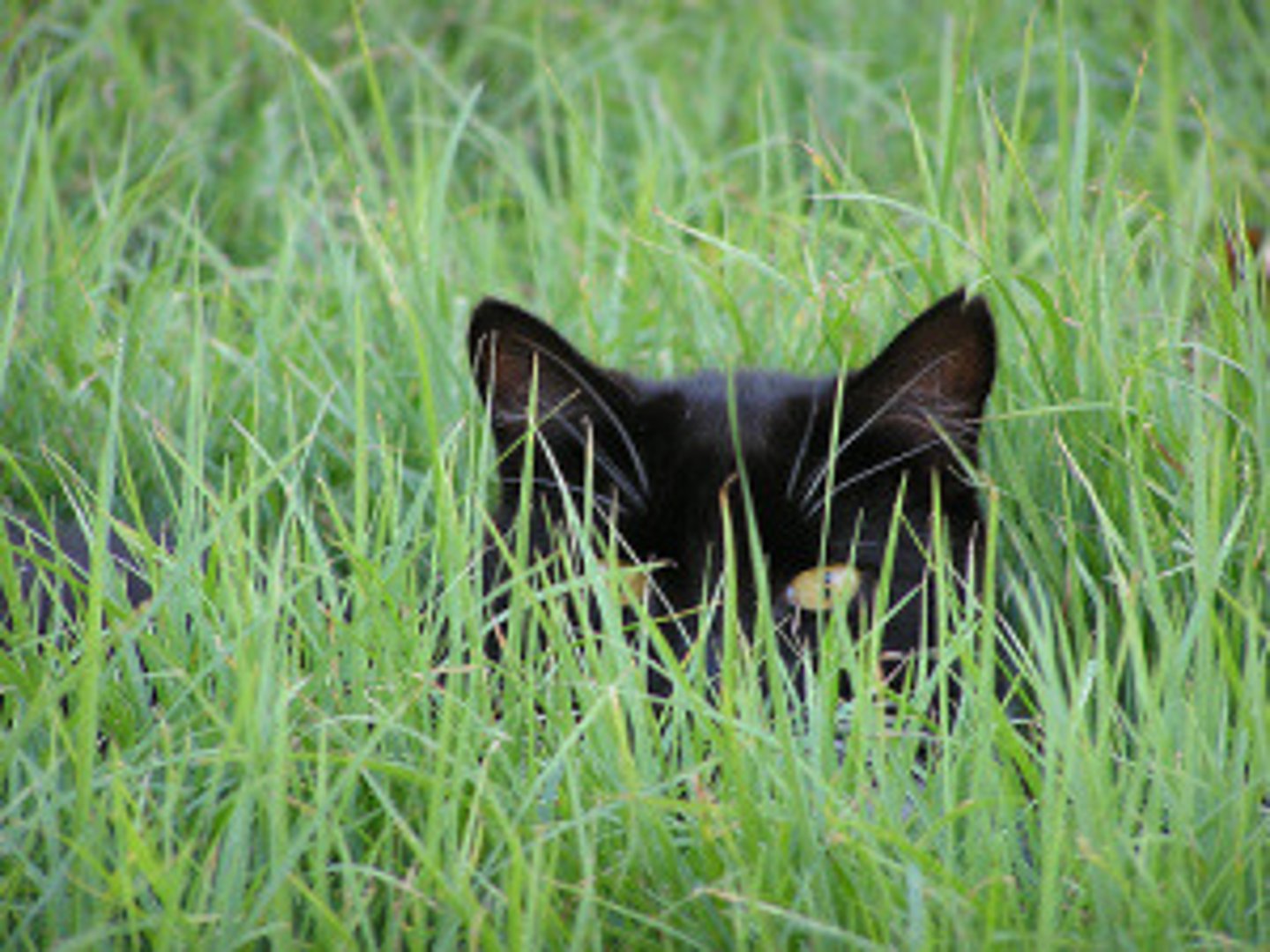
deduce
to reach an answer or a decision by thinking carefully about the known facts:
We cannot deduce very much from these figures.
density
the number of people or things in a place in relation to the size of the place:
The area has a high population density.
terrestrial
(Adj) relating to the earth
hydrogen
the Sun's fuel
helium
He
nuclear fusion
The process by which two or more small nuclei fuse to make a bigger nucleus
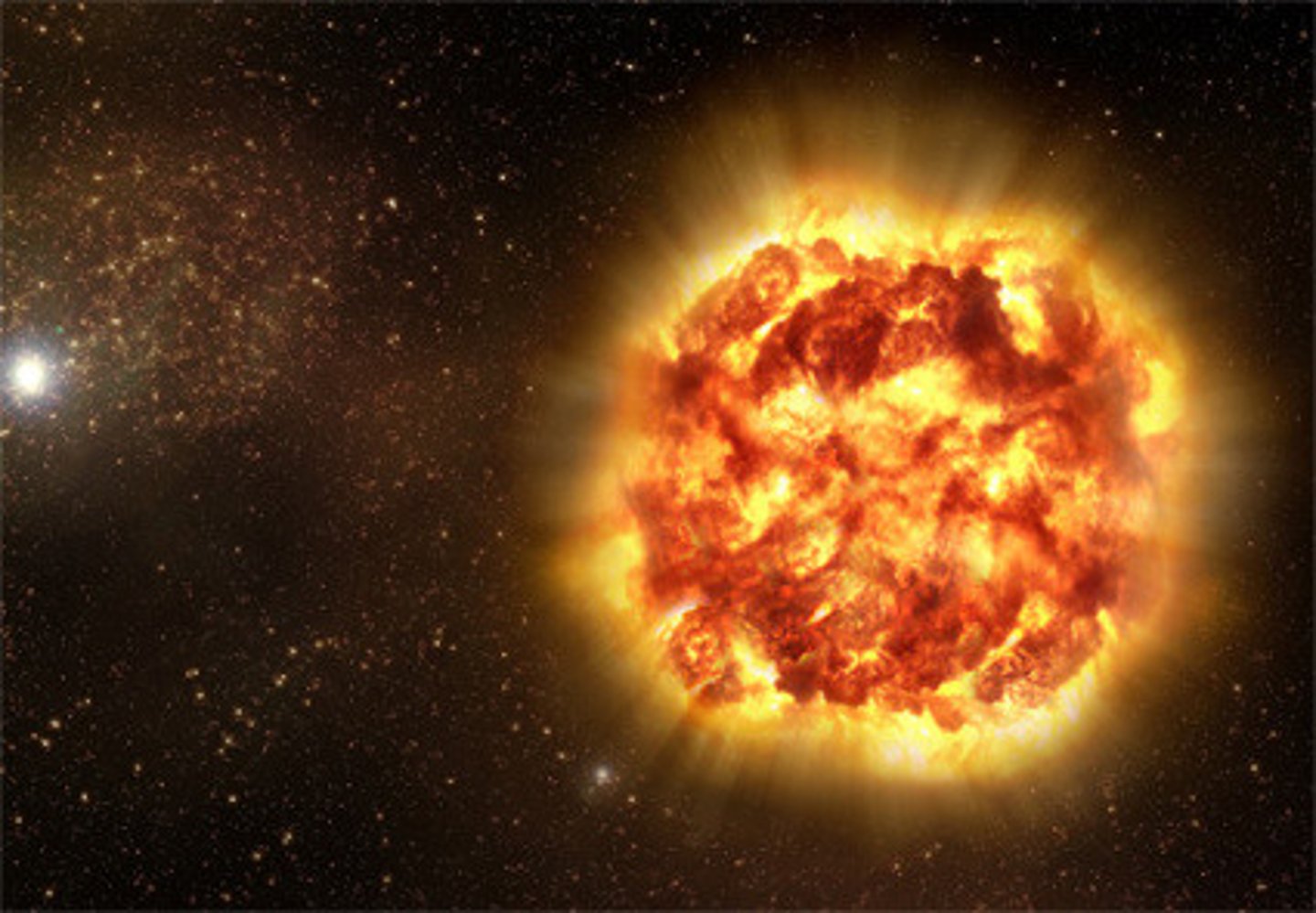
repulsion
the force in physics that pushes two objects apart:
magnetic repulsion
astronomer
A scientist who studies the stars and other objects in the sky
sustain
to cause or allow something to continue for a period of time:
He seems to find it difficult to sustain relationships with women.
molecule
the simplest unit of a chemical substance, usually a group of two or more atoms
atom
the smallest unit of any chemical element, consisting of a positive nucleus surrounded by negative electrons. Atoms can combine to form a molecule:
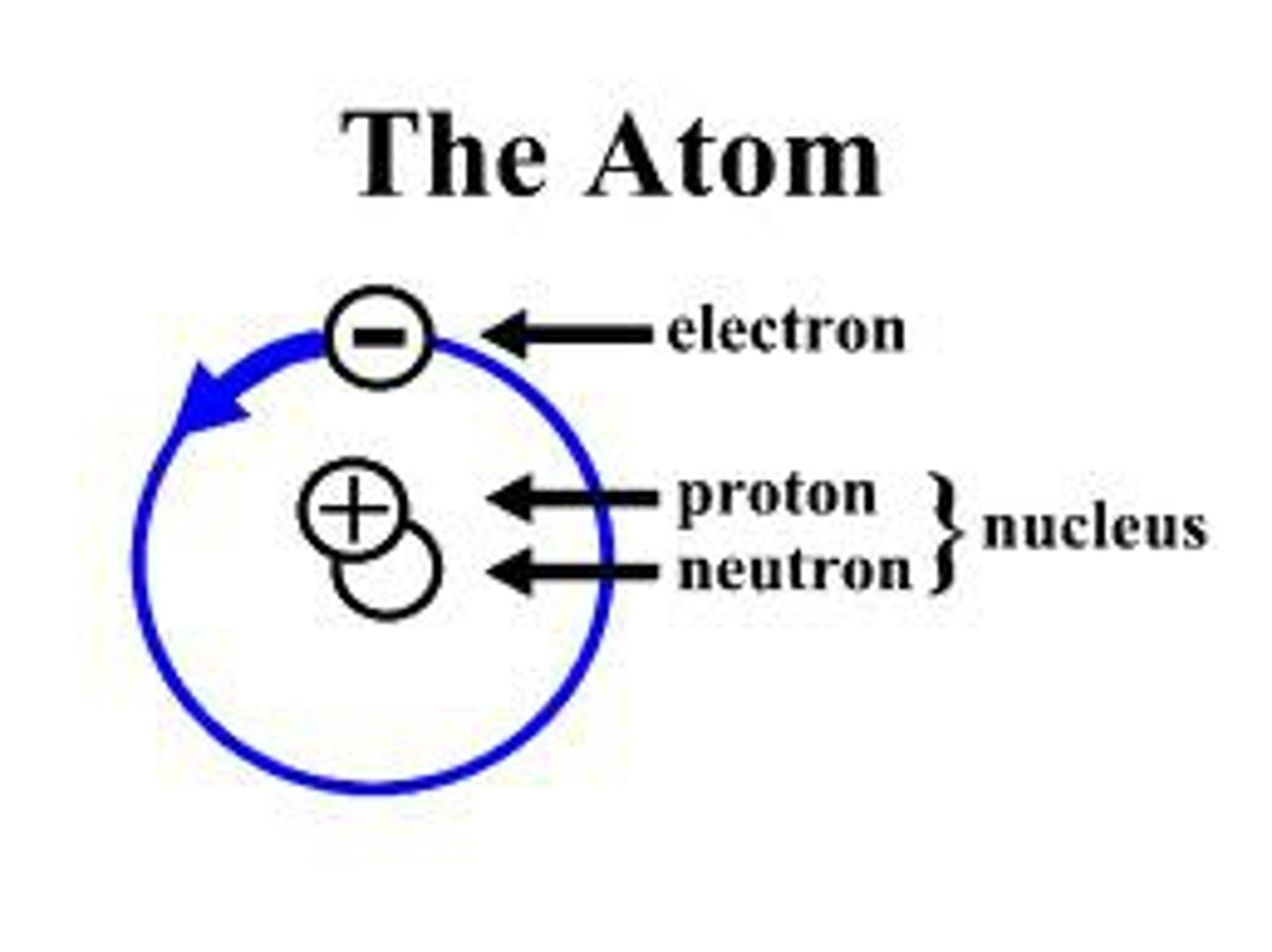
sufficient
(adj) enough for a particular purpose:
It was thought that he'd committed the crime but there wasn't sufficient evidence to convict him.
nebula
a cloud of gas and dust in space

eruption
a volcanic explosion or large flow of lava